
Take This Gift, My Son
The Torah commands us to learn Torah day and night, and we can’t very well fulfill this commandment if we’re glued to a television.

Dear Rabbi Brody,
I’ve been a Baal Teshuva for two years now, and at the moment I’m somewhat stuck in the mud. I hear Orthodox rabbis yelling against television and spectator sports, and the truth is that it bothers me. Where’s it written in the Torah that a person can’t enjoy himself a little bit? You’re Chassidic and ultra-Orthodox, yet I see you in your film clips riding horses and cruising in speed boats – it looks like you’re having a great time. Who’s right, you or them? Thanks for your patience, Aaron from Los Angeles.
Dear Aaron,
First of all, there’s no difference in opinion between the leading rabbis of this generation and me, especially in the area of watching television and spectator sports. For the moment, I won’t comment about the content of television programs and the ideology of those who produce them, and I also won’t talk about the nature of things people see and hear in stadiums.
Television and spectator sports are problematic in that they pose a double danger: From one standpoint, the viewer is exposed to “spiritual bacteria” that are liable to destroy his or her emuna altogether. This is a very wide subject that we could devote a sea of ink to, but this is not the place. From a second standpoint, sitting in front of a television or watching spectator sports simply causes a bitul Torah, when you’re watching TV or football, you’re not learning Torah. The Torah commands us to learn Torah day and night, and we can’t very well fulfill this commandment if we’re glued to a television or if we’re spending 4 hours or more (travel, parking, and the game) at the stadium.
The Chofetz Chaim writes in his introduction to the Mishna Brura, “…And one shall learn Torah day and night. It seems necessary for one to first learn the first of the four sections of the Code of Jewish Law – ‘Orach Chaim’ – for knowledge of this section is absolutely required to live one’s life, for without it a Jew can’t lift a foot or finger. We can also say that the Torah’s intent when it instructs us to ‘guard the laws and the statutes so one can live by them’ is that we should learn these laws, and one’s first learning should be the practical laws that he needs for every day of his life.”
Without preaching, the Chofetz Chaim is telling us that our lives depend on learning Torah, the particularly practical Halacha of the first section of Shulchan Aruch, namely Orach Chaim, upon which the Mishna Brura elaborates. Then again, there are practical halachot in other sections of Shulchan Aruch which are mandatory learning, such as the laws of Kashrut and Family Purity that appear in the second section of Shulchan Aruch, Yora Dea. Learning halacha (Jewish religious law) is critical; one’s life is dependent on learning Torah. How? A person that doesn’t know halacha is liable to endanger his or her soul every single Shabbat or every time he puts a grain of food in his mouth. Family purity is just as serious. Do you know the laws of Shabbat, family purity, and Kashrut inside and out? The Chattam Sofer says that if you don’t, you most likely have some severe transgressions to account for. Even if a person doesn’t intentionally transgress, his or her soul still becomes severely blemished from the transgression.
If you don’t know the Shulchan Aruch cold, then where do you have time to watch TV or go to the ball game?
The Kitzur Shulchan Aruch says (Chapter 27:2, and see also Shulchan Aruch, Yora Dea Chapter 246): “Every Jew must learn Torah, whether rich, poor, sick, healthy, young or old. Even a poor person that begs from house to house must set aside time for learning in the day and at night, as the Torah commands, ‘You shall learn it day and night.’” In that respect, we’re allowed to watch television any time that’s neither day nor night.
Even in regard to making a living, the Shulchan Aruch states, “One’s trade should be secondary while one’s Torah learning should be his main concern; that way, both shall be successful.” Aaron, you write that you’re somewhat stuck in the mud. My guess is that you’re stuck from both a material and spiritual standpoint, because they go together. The secret of career being secondary and Torah-learning being first priority is that the Torah brings a blessing to everything else you do. Many career and income problems stem from a neglect of Torah learning.
Look at it this way: A king feeds all his soldiers, whether they’re cooks and clerks or whether they’re fighters on the front lines. Why? Whatever the soldiers do is for the king. But, the minute you do something for yourself that doesn’t entail service to the king, you’re on your own and the king doesn’t owe you a thing.
In this respect, the Shulchan Aruch says in Chapter 231 of Oruch Chaim (and this is religious law, not just a sermon): “One’s intent shall not be for bodily pleasure only for strengthening the body in the service of Hashem.” This clause allows you to run, swim, ride a bike, lift weights, exercise, and so forth but it doesn’t allow you to watch TV or to go to a hockey game at Madison Square Garden (or any other place). And, in regards to my own outdoor activities, they’re all either connected to my hitbodedut or to Jewish Outreach films, which involve spreading emuna in the world. I don’t have times for horses, boats, or anything else that’s not connected with the service of Hashem.
If you really want to go to a ballgame at the stadium, you would be allowed to do it if you turned it into a Jewish Outreach event and you distributed several hundred emuna CDs. Other than that, it’s of no consequence to your soul or to your service of Hashem whoever won the baseball or football game.
Maybe you think this isn’t fair, “What, I can’t have a good time?” You can. You can dance at weddings and at Simchat Torah, you can sing all day long, and you can hike the most beautiful countryside during Hitbodedut. Real Judaism is one big pleasure from morning till night. Halacha requires that we learn day and night (Shulchan Aruch, Yora Dea 246:3). If you had a ten-carat diamond that’s worth $200,000 in your pocket, you’d have your hand in your pocket all day long making sure you didn’t lose the diamond. The Torah is worth much more than a ten-carat diamond, so shouldn’t we be making sure we don’t lose a minute of it?
Aaron, remember that your body lasts for 80 or 90 years but your soul is eternal. I trust that you’ll understand where to best invest your time for long-run optimal results.
Hashem tells each of us, “Take this gift, My son!” He’s giving us the Torah, as you’re invited to see in the following mini film-clip. Blessings always, Lazer



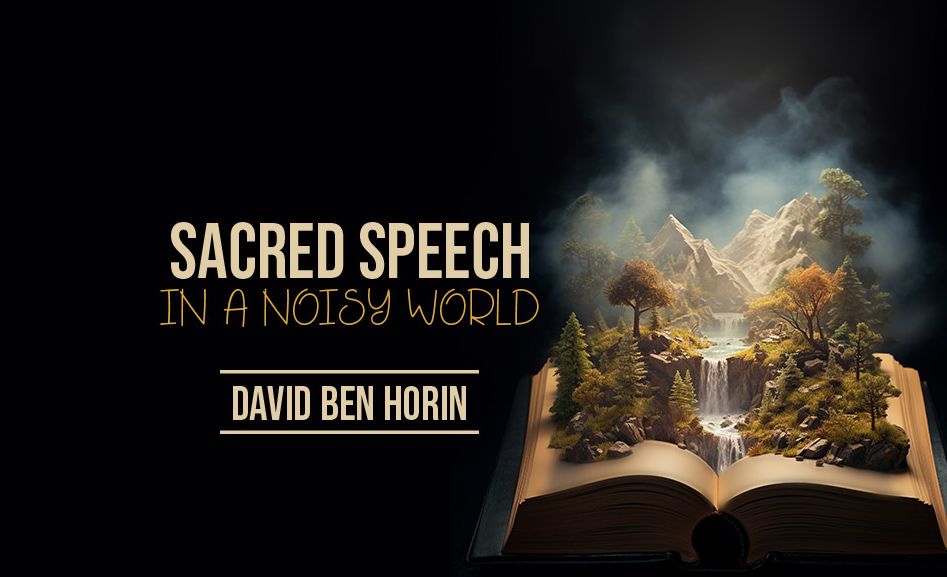
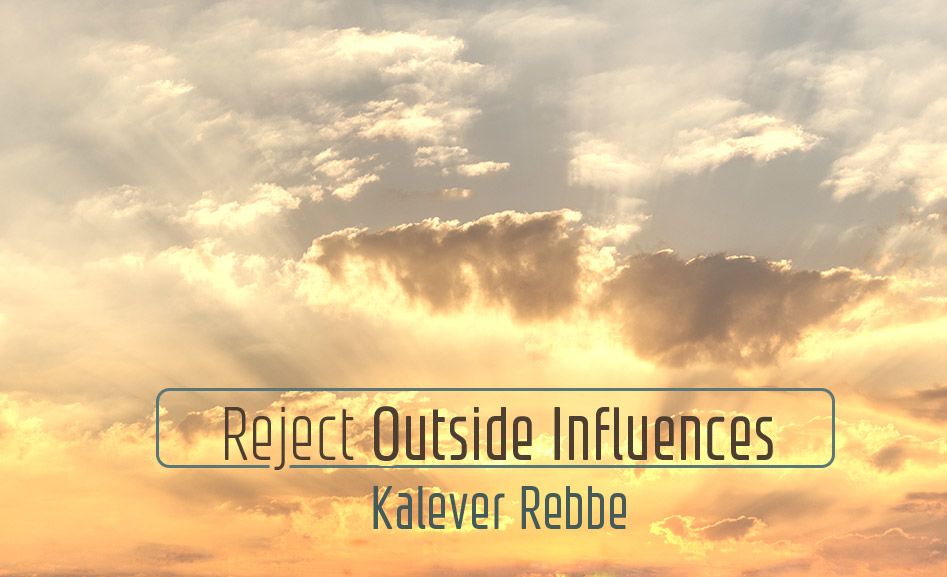
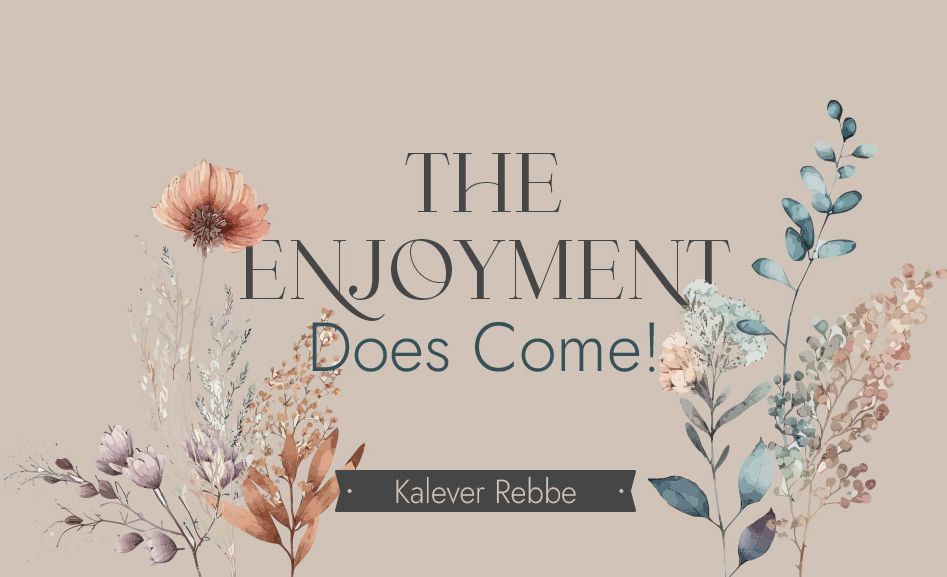

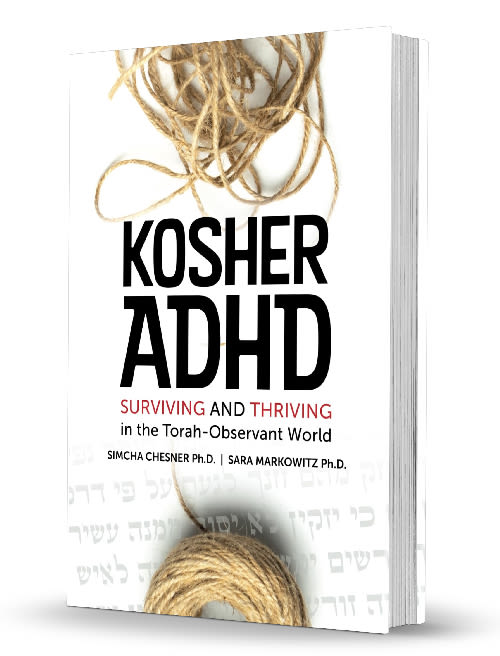

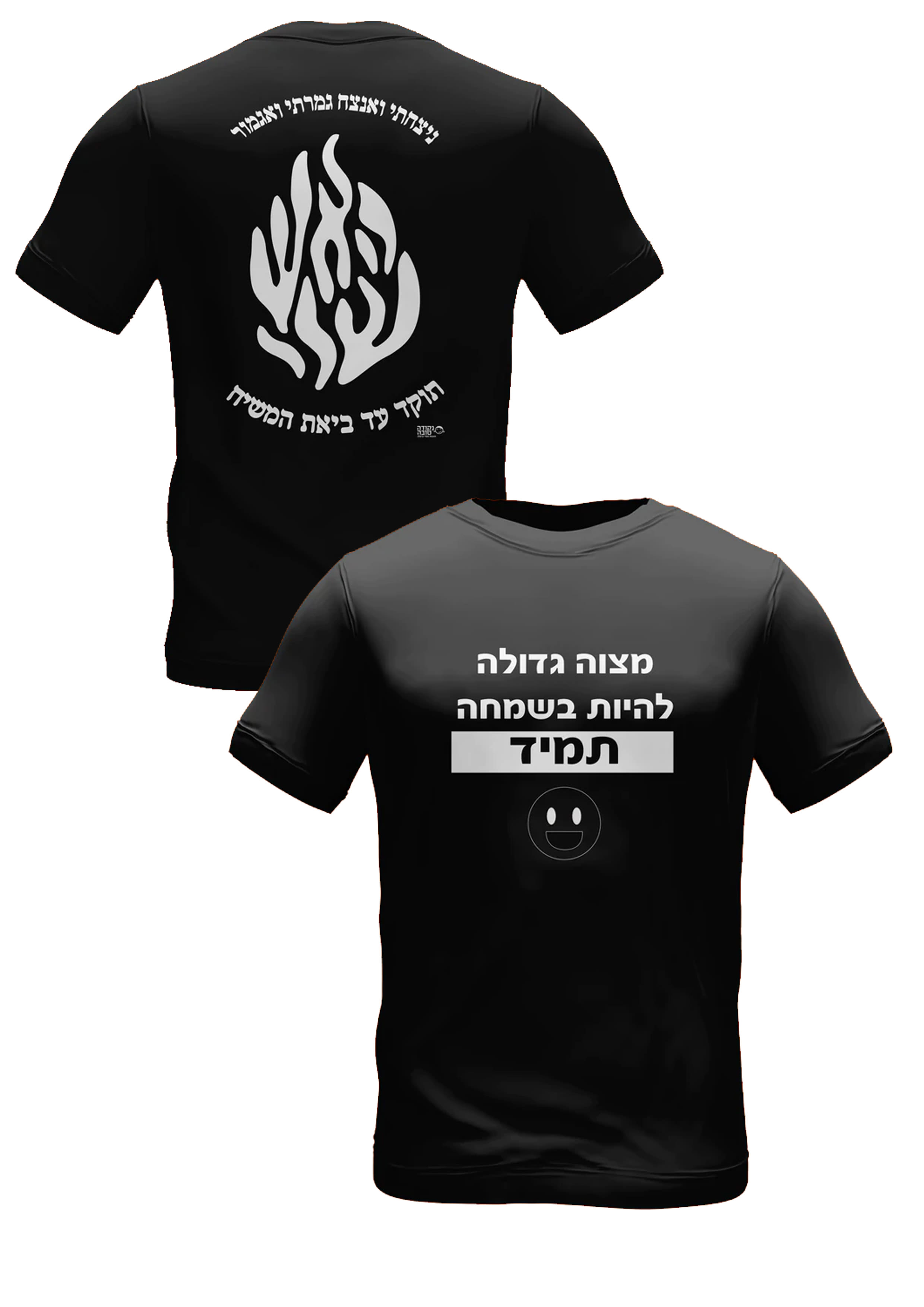
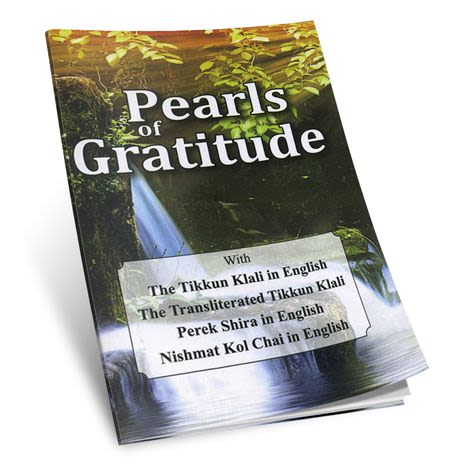

9/16/2009
the tremendous benefit of your short videos Dear Rabbi Brody,
I am constantly on Breslev.co.il or lazarbeams and get so much out of all the articles, classes, etc. want you to know that these mini videos add so much to stimulate the heart. thanks for everything. Hope uman is wonderful for all those who are blessed to be there. shana tova
9/16/2009
Dear Rabbi Brody,
I am constantly on Breslev.co.il or lazarbeams and get so much out of all the articles, classes, etc. want you to know that these mini videos add so much to stimulate the heart. thanks for everything. Hope uman is wonderful for all those who are blessed to be there. shana tova